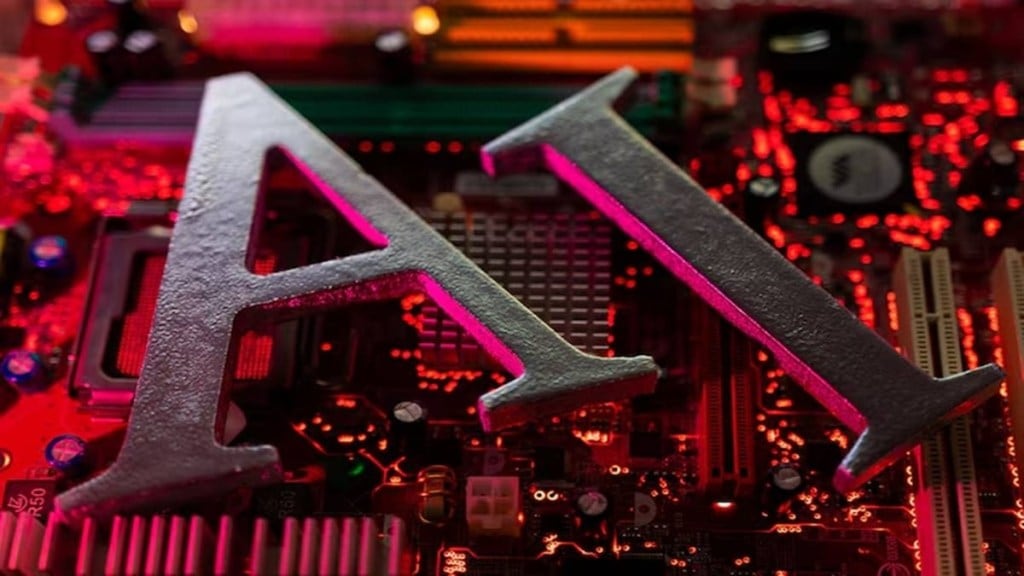The upcoming year 2025 will see AI agents autonomously making decisions and collaborate on business goals, Wipro’s Tech Trends for 2025 report said. Enterprises will increasingly leverage these agents to innovate processes, generate new revenue streams, and enhance efficiency, the report added.
The report, supported by insights from Wipro Lab45’s global team, also identified key developments for the year as rise of software-defined autonomous machines, advancements in industry-specific cloud solutions and the emergence of autonomous AI agents.
The report also suggested that roles for humans will evolve towards setting up AI workflows and validating their outputs. Similarly, autonomous machines, powered by AI and machine learning, are expected to become prevalent.
From industrial robots to self-healing medical devices, software-defined capabilities will transform industries, offering operational efficiency with minimal human intervention, the IT company said.
Further, AI-driven industry cloud platforms are predicted to mature significantly by 2025, featuring pre-built AI models tailored to industry-specific requirements. Collaboration among industry consortiums will play a critical role in unlocking value from shared data, while ensuring privacy and compliance.
Blockchain technology is also poised for accelerated adoption, with advancements in Central Bank Digital Currencies (CBDCs) and Regulated Liability Networks (RLNs). This technology will enhance traceability, trust, and transparency across sectors, including financial services and digital commerce, Wipro said.
Additionally, enterprises are set to prioritise sustainability, integrating AI to optimise resource usage and reduce energy consumption.
Cyber resilience will also gain prominence as organisations adopt AI-driven cybersecurity solutions to counter sophisticated threats such as deepfakes and data poisoning, the company said.
And lastly, quantum computing is expected to see early adoption in sectors like biopharma and chemicals, with enterprises preparing for post-quantum cryptography to address emerging challenges.










